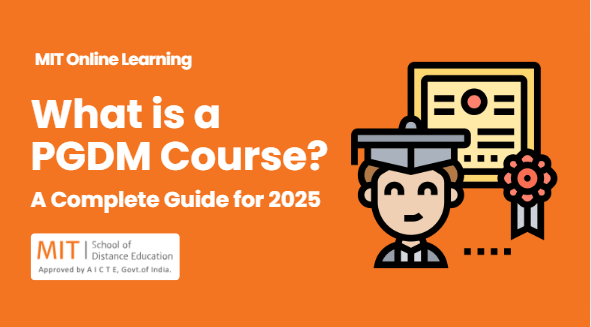The healthcare industry to has not escaped from digitization. The healthcare industry is undergoing rapid digital transformation.
Increasing competition, customer awareness, and preferred sources of information are the factors influencing various industries to turn to digital marketing to connect and build a rapport with their audience. In such a scenario, a strong digital marketing strategy for the healthcare industry has become a need.
Millennials and Gen Z mostly use social media to express themselves and seek information. Hence, healthcare and social media need to go hand-in-hand.
Advantages of social media in healthcare –
- Awareness – Any piece of information or news spreads like wildfire on social media. Hence the easiest and fastest way to reach a broad audience and create awareness about any topic is through platforms like Twitter, Meta, Instagram, LinkedIn, YouTube, Quora, Telegram, etc.
WHO surveyed Covid-19 to understand the digital crisis interaction among Gen Z and millennials. The study showed that of the 23,500 respondents, aged 18-40 years, in 24 countries across five continents, 43.9% of respondents, both male, and female, reported they would likely share “scientific” content on their social media. This shows that these platforms have a higher engagement rate from ages 18-40 years and hence are a powerful tool to spread awareness about any health-related issues or information.
- Information spread – During Covid-19, digital platforms were used extensively to spread awareness, information, and updates. Through social media sharing factual and authentic information is easy and holds the potential to reach millions of users. In today’s world, many are aware of digital safety and authenticity.
A WHO survey, more than half (59.1%) of Gen Z and Millennials are “very aware” of “fake news” and can often spot it. Also, the authenticity of the source, supporting evidence, and statistics make the information reliable.
- Engagement – The primary aim of social media is to entertain, inform, and engage the audience. The healthcare industry can engage its audience by sharing posts, articles, or videos on health tips, healthcare regulations, statistics, crisis communication, real-time updates, the latest healthcare breakthroughs, and medications, and educating them about various diseases, health insurance, medical equipment, etc.
- Marketing activity – Healthcare is a business and every business aims to market and sell its products. Social media is a cost-effective way to communicate events, drives, research, treatments, and other promotional content. Engaging with the audience helps to increase the brand awareness of your healthcare facility. Engaging and informative content helps to build trust and loyalty.
- Employee engagement – Sharing the achievements of the staff aids in employee engagement, boosts employee motivation, and earns customer trust.
- Personal interaction – Medical professionals can establish a personal connection with their audience and interact with them online through live feeds. This helps build a rapport with the audience, build trust, and increase awareness.
Be it any industry in today’s changing world of digitization and digital transformation, an understanding of social media marketing has become imperative. MIT School of Distance Education (MITSDE) is one such institute that understands the current skills gap in the market and strives hard to reduce it. For this purpose, MITSDE brings to you PG Certification in Digital Marketing (PGCM Digital Marketing). This course covers the latest concepts in digital marketing, gives hands-on training on the latest tools, and teaches you to create a virtual brand, analyse market trends, and design campaigns.


